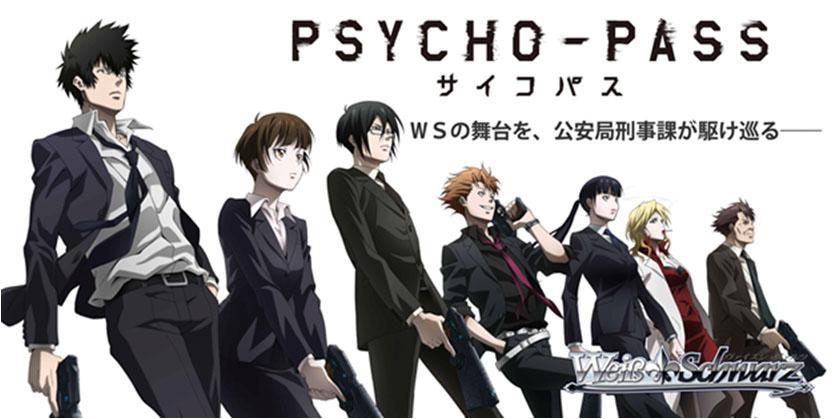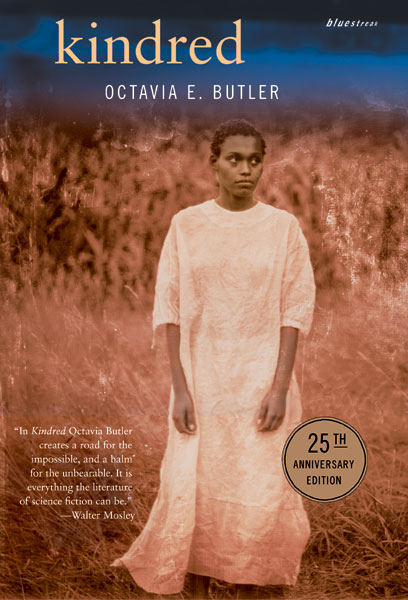This is part of a roundtable on The Best Band No One Has Ever Heard Of. The index to the roundtable is here.
___________
Unlike How I Met Your Mother, Dexter, and Lost, the anime series Psycho-Pass is a show that does not reach its full glory until the end. Each episode has a crossfade between the final minute of dialog (always poignant) and the opening bars of the ending theme song, “Namae No Nai Kaibutsu”. (A different band, Ling Tosite Sigure, wrote the opening theme, but I don’t like their music as much.) With the annual deluge of Xmas Pop Hits upon us, you’re going to want to hear about the angsty, operatic pop-rock band EGOIST, who wrote that beautiful song from this acclaimed anime series. After a very scientific survey of a few friends, I have determined that not enough people know about EGOIST and they are a band you’ve never heard. Whether or not they’re the best band you’ve never heard of is up to you.
If you’ve watched the show Guilty Crown, then you’re likely familiar with EGOIST. If not: in Guilty Crown there is a fictional band called Egoist, whose songs were written and performed by the two mononymous real life artists, Ryo and Chelly. After the show ended, Ryo and Chelly kept recording music together in real life and got to keep Egoist as their band name, but they stylize it as EGOIST. Their first studio album entitled Extra Terrestrial Biological Entities was released in 2012, and their third single, “Namae no Nai Kaibutsu” was the ending theme song of Psycho-Pass season one, which is how I first encountered them. Unlike everything else you’ve probably watched in the last decade, there are no romantic story lines in Psycho-Pass, and various characters quote Nietzsche and Derrida at length throughout the first season. That doesn’t directly impact the music, though it does add to the overall tension throughout the series and the music compliments that perfectly. There are many ways to do an excellent job with a soundtrack. The music integration at the end of each episode of Psycho-Pass makes the show feel like a 22 minute music video for a post-apocalyptic dystopia.
So that you can better picture EGOIST’s sound, let me illustrate for you the story their music pairs with. Psycho-Pass the show is set in 2113 Japan. A technological advancement called the psycho-pass has completely revolutionized the society. A psycho-pass is a mental health indicator and its reading is the output of a supercomputer in the heart of the city, connected to millions of surveillance devices in every home, business, street, and electronic device in the city the show is set in. There are also cute giant robots that roam the streets reading the vital statistics of passers by because it’s set in 2113 and robots can do that. The clearer your psycho-pass reading, the healthier and happier you are. All day, every day, everyone is constantly monitored for signs of their mental health and the data is analysed by a super computer that is also responsible for making and enforcing laws. Police officers have weapons but their safety mechanism only unlocks if the computer deems it necessary. If your psycho-pass is clear, you’re “free” to do as you please. If you begin to experience any kind of neurotic or psychotic mental stress or illness, you are then labeled as a latent criminal and sent for therapy to rehabilitate your mind. If you refuse therapy and your mental health continues to suffer, you are terminated by officers of the Public Safety Bureau.
The show centres around a young prodigy named Akane Tsunemori who has started a job as an Inspector with the Public Safety Bureau’s Criminal Investigation Unit. The youngest Inspector in the PSB, she is responsible for finding and terminating those who have turned from latent to actual criminals. On Tsunemori’s first day on the job, she unravels the first few threads of a very sinister secret about what’s actually behind the psycho-pass readings and what we’re not saying when we claim that we want “peace on earth for all”.
You have to derive a base level of enjoyment from electronic-dance-rock-pop in order to enjoy EGOIST but if you like Poison or Justin Timberlake, you don’t have to explore your taste profile too deeply in order to bop your head to the beat. And really, how far away is a pop rock beat from your heartbeat when you’re engrossed in a good chase scene? Their music is alternately the soundtrack of several different anime series, the soundtrack for my dramatic morning walk to the bus, and the soundtrack you’d want playing in the post-apocalyptic future as you battle mechademons for your freedom.
“Best” is a subjective term but EGOIST a) has a cool backstory and b) you’ve almost certainly not heard of them. Therefore, EGOIST needs to be the next band you explore.
You can find Extra Terrestrial Biological Entities on iTunes and Amazon.


